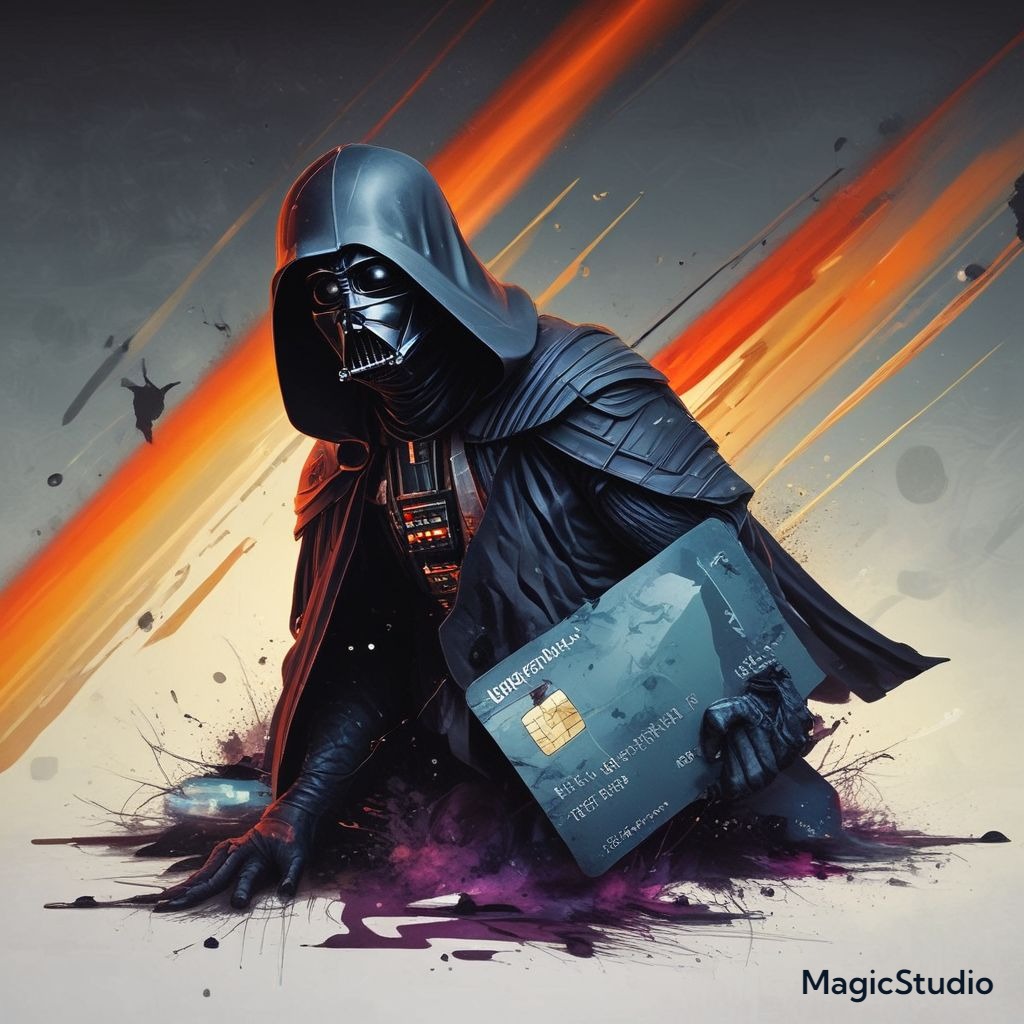Credit cards have revolutionized the way we manage money, offering convenience and purchasing power at our fingertips. However, beneath the shiny rewards and promises of financial freedom lies a potential trap. Credit cards can subtly encourage bad financial habits, often leading us into a cycle of debt and reckless spending that’s hard to escape. Let’s delve into the negative aspects of credit cards and how they subtly erode our financial discipline.
1. The Illusion of Unlimited Money
When you swipe a credit card, it feels like you have unlimited resources at your disposal. This illusion is dangerous because it detaches us from the reality of our actual finances. Unlike cash, which requires a physical exchange, credit cards create a psychological disconnect from the money spent.
2. Encouraging Overspending
Credit cards make it easy to spend more than we can afford. Whether it's taking advantage of sales, splurging on luxury items, or indulging in unplanned purchases, the "buy now, pay later" concept reduces the immediate pain of spending. Research has shown that people tend to spend significantly more when using credit cards compared to cash.
3. The Minimum Payment Trap
One of the biggest pitfalls is the minimum payment option. It lulls users into a false sense of affordability, allowing them to pay a small percentage of their balance while the rest accrues high interest. Over time, this leads to mounting debt and financial strain.
4. High-Interest Rates and Fees
Credit cards often come with exorbitant interest rates, particularly on unpaid balances. In addition, there are annual fees, late payment charges, and foreign transaction fees that can add up, making it costly to rely on credit.
5. Negative Impact on Credit Scores
While credit cards can build credit scores when used responsibly, they can also damage them when mismanaged. Late payments, high credit utilization, and defaulting on payments can lead to a poor credit history, which affects your ability to secure loans in the future.
6. Promoting Financial Indiscipline
The convenience of credit cards often leads to poor financial habits. Relying on credit for everyday expenses, indulging in wants rather than needs, and postponing repayments are all behaviors that can spiral into financial chaos.
7. Fraud and Identity Theft Risks
Credit cards are a prime target for fraudsters. If your card details are compromised, unauthorized charges can be made, causing stress and financial loss until the issue is resolved.
How Credit Cards Make Us Forget Our Habits
Credit cards don't just encourage bad habits—they make it easy for us to forget them entirely. Here's how:
1. Detachment from Spending
Using a credit card detaches us from the act of spending. Without the physical exchange of cash, purchases feel less significant, making it easier to justify unnecessary expenses.
2. Instant Gratification Culture
The ability to buy anything, anytime, fosters a culture of instant gratification. This weakens our impulse control and trains us to prioritize short-term desires over long-term financial health.
3. False Sense of Security
Credit cards can create a false sense of financial security. By providing access to funds we don’t currently have, they make it easier to ignore the consequences of our spending habits.
4. Reward Incentives as a Distraction
The lure of cashback, points, and travel rewards often overshadows the actual cost of credit card use. These rewards make us focus on potential gains rather than the risks of overspending or accumulating debt.
5. Out of Sight, Out of Mind
With credit card bills arriving at the end of the month, it’s easy to forget about daily expenses. By the time the bill comes, the small, frequent purchases have added up, leaving us shocked at the total amount.
Breaking the Cycle
- Track Your Spending: Regularly review your transactions to stay mindful of your habits.
- Use Cash for Everyday Purchases: This helps reinforce the value of money and reduces impulsive spending.
- Set Clear Financial Goals: Focus on saving for significant objectives rather than indulging in unnecessary expenses.
- Stick to a Budget: Allocate specific amounts for essentials, savings, and discretionary spending.
- Avoid Multiple Cards: Limit yourself to one card and use it only when absolutely necessary.
Conclusion
While credit cards are a convenient tool, they can lead to financial instability when used carelessly. The bad habits they foster—overspending, reliance on credit, and impulsive buying—can derail even the most disciplined individuals. Awareness and discipline are key to avoiding the pitfalls of credit card misuse. By maintaining mindful spending habits and treating credit as a tool rather than a crutch, you can protect your financial future from the hidden dangers of credit cards.




0 Comments